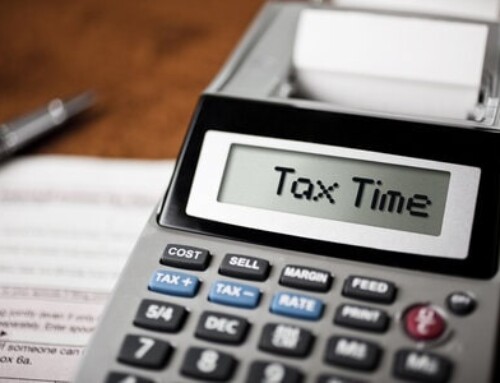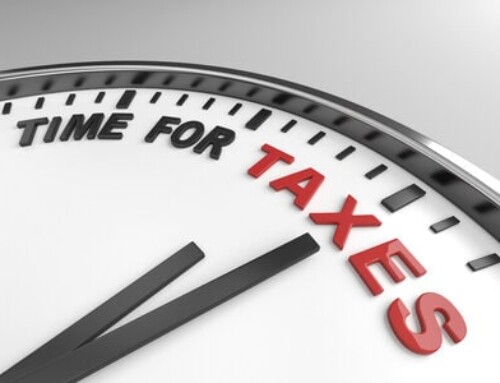 Tax Season Preparation
Tax Season Preparation
It is hard to believe it is already 2017! Unfortunately, that means it is tax season. Tax season is stressful and complicated for everyone, but it can be even more so for small business owners. In this article, we will go over some tax season preparation tips for small business owners.
Education Yourself on the Necessary Forms
As a small business owner, you will have to deal with two types of tax forms: the ones you need to give to employees and contractors, as well as the ones you need to file with the IRS. Below you will find a simple list of the forms you may need.
- Employee Forms
- W-2’s-If you paid wages to an employee you are required to give them a W-2 outlining their wages earned and taxes paid.
- 1099-MISC- If you retained the services of any contractors and paid them $600 or more, you are required to issue them a 1099-MISC documenting income earned.
- IRS Tax Forms- The type of tax form you have to file is dictated by how your business is structured. Here is a list of business structures and their corresponding tax forms:
- Sole Proprietorship- Attach a Schedule C on your personal tax return.
- C-Corporation- Form 1120
- S-Corporation-Form 1120S
- Partnership- Form 1065
Compile Necessary Documentation
Before you file your taxes, you will need to make sure that you have the necessary documentation to prove the income and expenses that you are claiming. To prove income, you will need such documents as:
- Gross Receipts
- Sales Records
- Returns and Allowances
To prove expenses, you will need things like:
- Payroll Documents
- Receipts
- Bank Statements
- Credit Card Statements
Know Your Deductions
Business owners are allowed to deduct expenses that they incur during their normal course of business. These deductions will help you to reduce your tax liability, so it is important that you understand all the types of expenses you can deduct. This way you can keep track of them through the course of the year. Some common expense deductions include:
- Employee Wages
- Rent
- Insurance Premiums
- Professional Fees (such as an attorney or accountant)
- Transportation Costs
- Marketing Expenses
- Phones
- Computer and Internet Expenses
- Office Supplies and Equipment
Prepare Throughout the Year
As you can see, a lot of documentation is necessary for proper tax season preparation, from the accountant (be it one from https://earlygrowthfinancialservices.com/accounting-for-startups/ or elsewhere) to every other cost tracking measure. Due to the large amount of information needed, it is best practice to document your income and expenses throughout the year. It is easier to spend 30 minutes a week getting your finances in order than it is to spend several days and untold hours at the end of the year trying to muddle through everything. You should also consider the benefits of HCM services for your business. It will provide you with integrated solutions to meet all of your HR needs. Continuous updates will help your books to be more accurate since the information will be fresh in your mind. Check out www.laborlawcc.com/new-york-labor-law-posters-state-and-federal-combo.html to ensure that you are in compliance with State and Federal labor laws.
Utilize Accounting Software and Professional Help
Proper software makes keeping track of income and expenses much easier. Such software can also generate reports for you that will illustrate your income and expenses over the year. This is why many will go for options like JetPack Workflow to help them in these situations.
Some companies, however, will still prefer to go for a more human angle when it comes to their accounting solutions. Seeking professional help from an accountant, like those at dua.co.uk, is also extremely advantageous. An accountant can help you to keep your books up to date throughout the year and help with tax optimization.
Set up a Retirement Fund
One of the most forgotten deductions are retirement fund contributions. By setting up a retirement fund for yourself you help lower your tax burden while simultaneously bettering your stance for retirement.
Tax season preparation can seem daunting. But with proper organization and preparation you can come out of tax season successfully. If you are worried about your situation or feeling completely overwhelmed, do not hesitate to enlist the help of a tax professional. They can help you apply the suggestions in this article and get you on the right track for 2017.
Questions or want to schedule an appointment? Contact us by clicking here.






Leave A Comment
You must be logged in to post a comment.